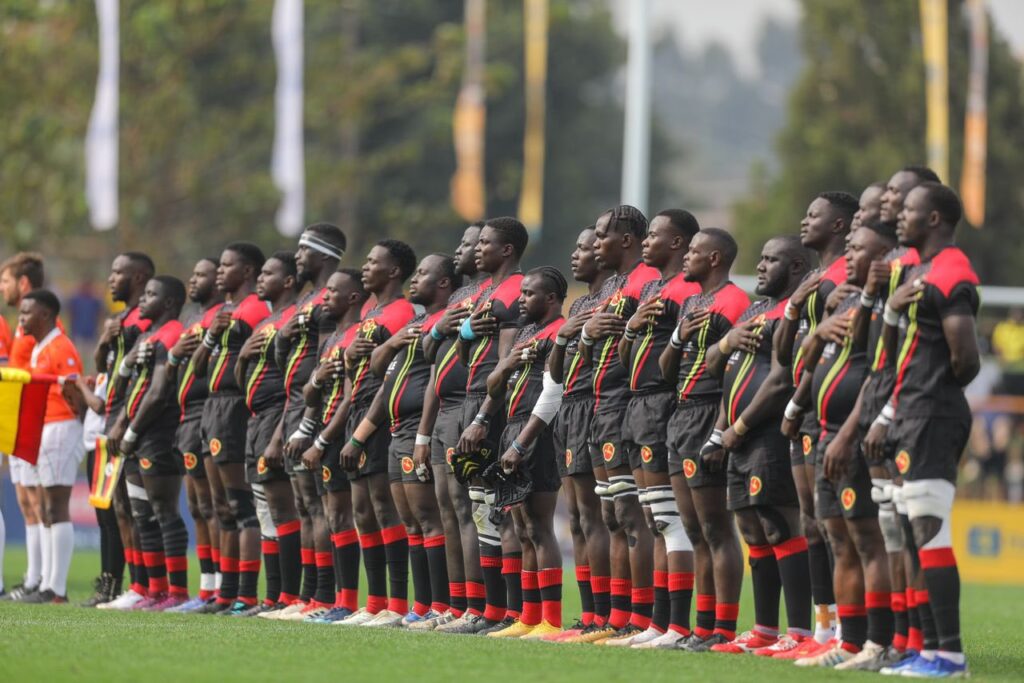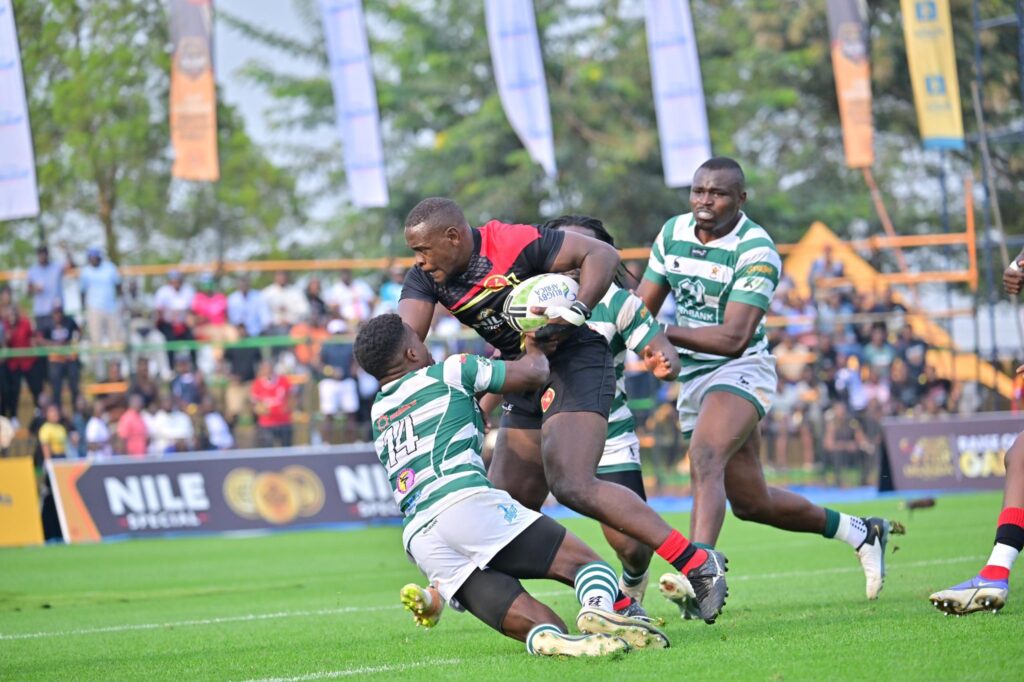Uganda’s Rugby Cranes fell short of their title aspirations after a hard-fought 22-20 loss to the Zimbabwe Sables in the Rugby Africa Cup quarter-final at Namboole Stadium last Saturday. While placement matches remain, the defeat offers valuable lessons for the team moving forward.
Club vs. Test Rugby
The game’s approach, particularly in the first half, suggested a club-level mentality rather than a true Test match strategy. This was evident in the lineup selection, with players like Timothy Kisiga and Kamiza Jones deployed in unfamiliar positions.
While Kisiga excels in aerial contests, placing him on the wing to challenge Magomu’s cross-kicks and Jones at 12 for additional ball distribution might have prioritized attacking attributes at the expense of defensive solidity and gainline success from backline carries.

Defense is paramount at the Test level. Kamiza didn’t error but he was just nowhere to be seen. It’s always advisable to have at least one good ball carrier at the midfield. The combination of Kamiza and Gwokto in the center limited impactful carries from the backline.
Prioritizing the Basics
Rugby’s beauty lies in its diverse elements that combine to create a unique whole. These fundamentals form the foundation of the game. Without a solid foundation, success is elusive. Before focusing on intricate tactics, mastering the basics is crucial.
Unforced errors due to poor rucking hampered Uganda’s ability to retain possession and build phases. Rucks are essential for establishing offside lines and ensuring continuity, allowing teams to maintain possession and find scoring opportunities.
Uganda’s struggles to string together more than five phases in a single play in the first half highlight this deficiency. Kicking is another fundamental skill. Utilizing kicks effectively to gain territory and control the field position is critical. Uganda’s ongoing issues with lineouts, where they lost half of their throws, further emphasize the need for a focus on core skills.
Territory Matters More than possession
Uganda failed to penetrate Zimbabwe’s 22 in the first half. Confined to their own territory, their play lacked attacking intent. The forwards were unable to breach the gain line, yet they persisted in holding onto possession deep in their own half instead of seeking better territory for scoring opportunities or advantageous kicking positions.

The tide began to turn in the second half when Wanyama’s strategic kicking placed Uganda in better attacking positions. Defending in your opponent’s half is significantly easier than attacking deep in your own. It’s unclear what Uganda’s exit strategy was, but playing in their own half throughout a Test match is a recipe for defeat.
Leave Bomb squad tactics for the Springboks
Traditionally, teams fielded their best players from the outset, with substitutes being competent but not necessarily on par with the starters. However, the Springboks’ “bomb squad” strategy, where impactful players start on the bench to dominate the later stages of the game, has gained popularity.
This approach hinges on a minimal gap between starters and finishers. While experienced players like Aredo and the industrious Alex Aturinda provided a positive impact off the bench for Uganda, their contributions came too late in the game. Defending a lead is far easier than chasing one from behind.
Systems Over Stars

Uganda’s reliance on Phillip Wokorach was evident. With over a month of training together, a well-oiled attacking and defensive structure should be a priority.
Both of Uganda’s tries stemmed from individual brilliance by Wokorach, who sparked two line breaks leading to both Uganda’s tries. While individual talent is valuable, it’s not sustainable. Off days and injuries are inevitable. A well-practiced system provides a foundation for success even when star players struggle. Uganda’s isolated carries, resulting in over 10 turnovers, suggest a lack of adherence to or mastery of the game plan.
The Uganda Rugby Union deserves credit for creating a fantastic tournament experience. However, the ultimate fan experience hinges on the team’s performance. We hope for a better and wholesome experience in the future.
Courtesy Photos